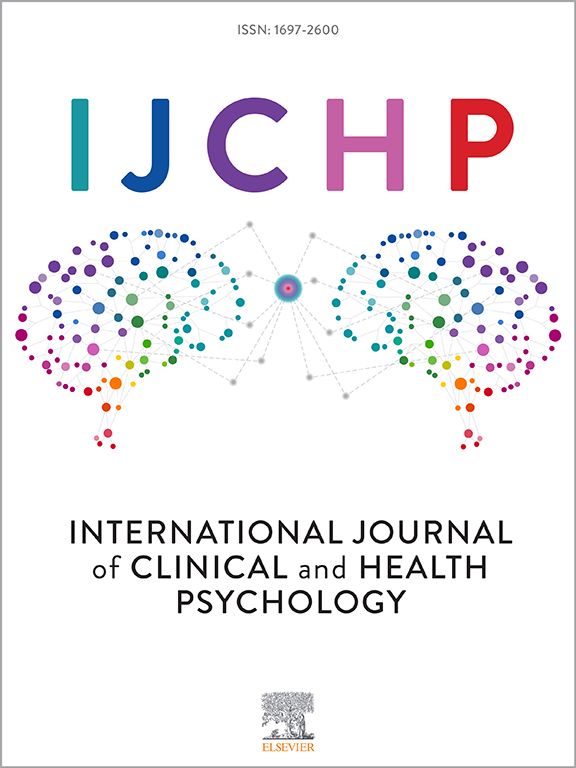圣化的定性检验:神圣性评价的来源和变化
IF 4.4
1区 心理学
Q1 PSYCHOLOGY, CLINICAL
International Journal of Clinical and Health Psychology
Pub Date : 2025-04-01
DOI:10.1016/j.ijchp.2025.100578
引用次数: 0
摘要
大多数心理健康专业人员被期望在宗教和精神问题上有一些基本的能力。这种能力包括关于宗教/灵性在人们生活中的作用的知识,特别是与心理健康有关的知识。目前的研究探讨了人们对圣化的认知评价,即个体将刺激解释为神圣的。为了更好地理解人们在日常生活中形成的对圣化的自发认知评价,我们随机分配了宗教和/或精神个体(N = 144),让他们对自己经历的神圣、神圣、奇迹、精神、神圣或祝福的事情进行事件重建。我们对这些事件重构的28个特征进行了定性编码。参与者最常见的描述包括对人、关系和地方的神圣化,这些地方本身并不被认为是神圣的,但由于与更高的力量或超越现实的联系而被认为是神圣的。神圣性重建的共同特征包括情感和感官体验。我们还观察到与每个神圣形容词(神圣的、神圣的、神奇的、精神的、神圣的或有福的)相关的特征的差异。我们讨论对心理健康专业人员的影响和对成圣科学的进步。本文章由计算机程序翻译,如有差异,请以英文原文为准。
A qualitative examination of sanctification: Sources and varieties of appraisals of sacredness
Most mental health professionals are expected to have some basic competency in religious and spiritual issues. Such competency includes knowledge about the role of religion/spirituality in people’s lives, particularly as it relates to mental health. The current research explored people’s cognitive appraisals of sanctification, by which individuals interpret stimuli to be sacred. To gain a better understanding of the spontaneous cognitive appraisals of sanctification people form during daily life, we randomly assigned religious and/or spiritual individuals (N = 144) to an event reconstruction of a time they experienced something as sacred, divine, miraculous, spiritual, holy, or blessed. We qualitatively coded 28 features of these event reconstructions. Participants’ most common descriptions involved sanctification of people, relationships, and places that were not considered sacred in and of themselves, but were considered sacred by association to higher powers or transcendent realities. Common features of sacredness reconstructions included emotions and sensory experiences. We also observed differences in the features associated with each sacred adjective (sacred, divine, miraculous, spiritual, holy, or blessed). We discuss implications for mental health professionals and for the advancement of the science of sanctification.
求助全文
通过发布文献求助,成功后即可免费获取论文全文。
去求助
来源期刊

International Journal of Clinical and Health Psychology
PSYCHOLOGY, CLINICAL-
CiteScore
10.70
自引率
5.70%
发文量
38
审稿时长
33 days
期刊介绍:
The International Journal of Clinical and Health Psychology is dedicated to publishing manuscripts with a strong emphasis on both basic and applied research, encompassing experimental, clinical, and theoretical contributions that advance the fields of Clinical and Health Psychology. With a focus on four core domains—clinical psychology and psychotherapy, psychopathology, health psychology, and clinical neurosciences—the IJCHP seeks to provide a comprehensive platform for scholarly discourse and innovation. The journal accepts Original Articles (empirical studies) and Review Articles. Manuscripts submitted to IJCHP should be original and not previously published or under consideration elsewhere. All signing authors must unanimously agree on the submitted version of the manuscript. By submitting their work, authors agree to transfer their copyrights to the Journal for the duration of the editorial process.
 求助内容:
求助内容: 应助结果提醒方式:
应助结果提醒方式:


